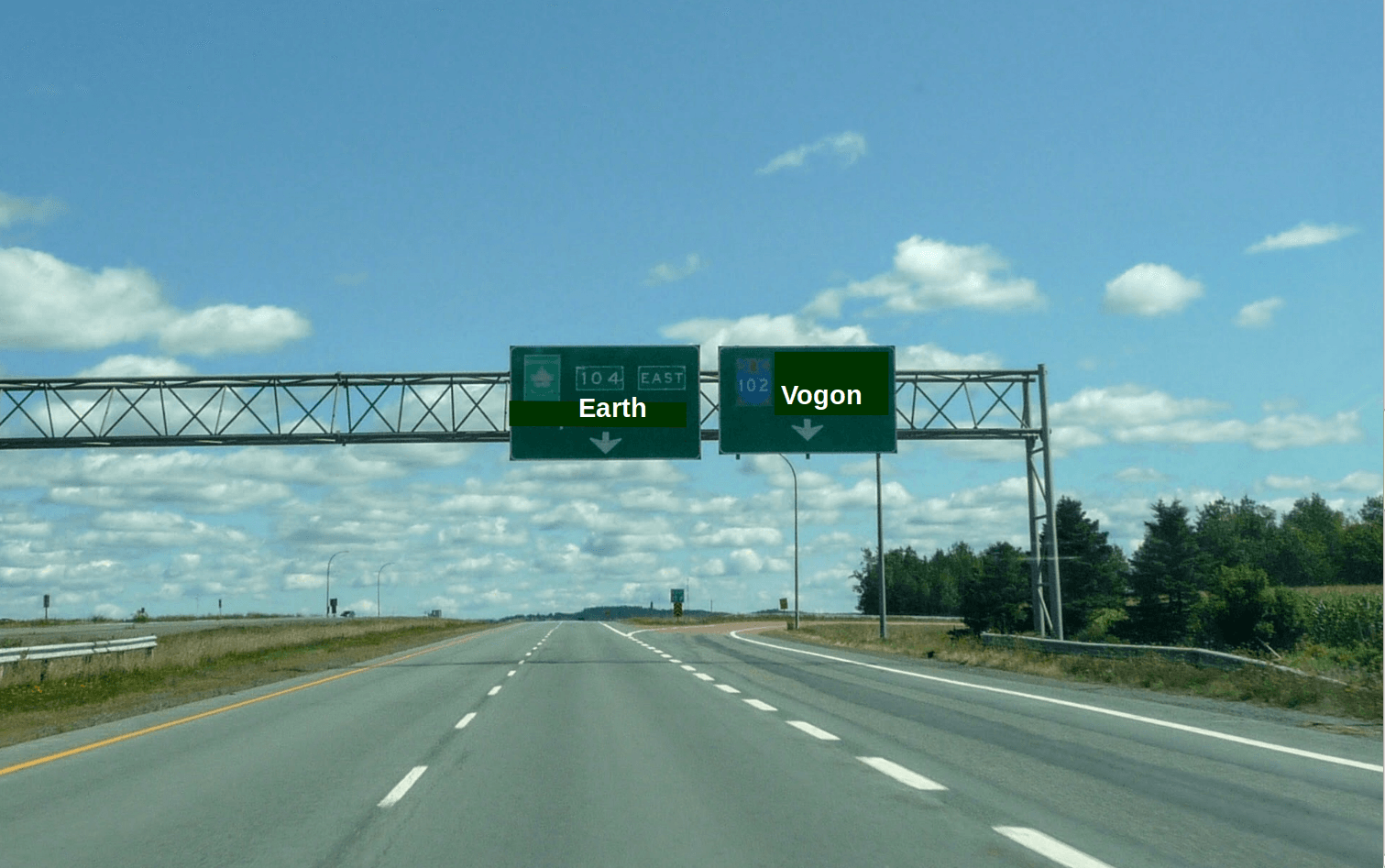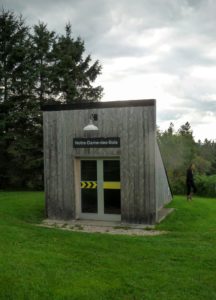A March 25, 2019 opinion piece in Crain’s New York Business “Protect the whole city, not just one neighborhood – A wall around Lower Manhattan would push water onto even more vulnerable areas” by Costa Constantinides and Nilda Mesa raises a recurring issue – what if an infrastructure proposal helps one area or group of people but hurts others?
Cost Benefit Analysis (CBA) provides infrastructure decision-makers with information on what to build, how to design, build, and finance a project and how to prioritize when funds are scarce. Cass R. Sunstein in “The Stunning Triumph of Cost-Benefit Analysis“ said of this over 100-year old tool:
Endorsed for more than three decades and by five presidents, cost-benefit analysis is here to stay.

The $10 billion plan to protect Lower Manhattan “is comparable to a by-pass through a poor suburb of Alpha Centauri to carry the growing traffic of wealthy Vogons[1] travelling in air-conditioned space ships. For Vogon economists the problem is straightforward. The benefits of the project are great. The costs are negligible. The benefit:cost ratio is substantially greater than one. The project should go ahead.” (Vogon Economics and the hyperspatial bypass). Just because a CBA determines that the Vogon and even the galaxy as a whole are better off from the Vogon’s intergalactic highway does not mean everyone is happy.
In fact, Arthur Dent and pretty much all of Earth was quite miffed about it according to Douglas Adams. So, CBA for intergalactic highways, and earthly infrastructure projects, should look at who benefits and who is hurt.
CBA’s process does include stakeholders: “1) List alternative projects/programs; 2) List stakeholders; 3) Select measurement(s) and measure all cost/benefit elements…” But in the CBA process we seem to have forgotten about people (economists will remind me about the compensation principle that in theory we could compensate earth for being blown up by the Vogons). Constantinides and Mesa point out that:
There is no economy without its people … Which is why a wider plan should be carried out by an agency focused on climate change, instead of one with stricter parameters.
Some of us have got the message that the economy is part of the society which in turn is part of the environment. Others, more Vogon-like, think we can degrade the environment at the expense of the clean air, water, and the climate. Ecological economics has taught us how a triple bottom line – people, planet, and profit – can add value by emphasizing the societal and environmental. Economists with much more credibility than this one have called for a triple bottom line (TBL) of financial, social and environmental (e.g. Jeffrey Sachs).
Triple Bottom Line Cost Benefit Analysis (TBL-CBA) highlights the societal and environmental offsets to the financial. If people are getting rich at the expense of others we need to know. If the lucre is coming from the environment we want a heads up. And if some poor earthlings are being wiped out at the expense of others that would be nice to know too.
TBL-CBA can shine a light into who benefits and who doesn’t. While its probably too much to ask the Vogons to use it, it is not over the top to ask our governments to.

The entrance to a fake Montreal Metro station in the field of the rest area overlooking the village of Notre-Dame-des-Bois, on Highway 212, near Mont Mégantic, Quebec, Canada.
[1] the Vogons are from the Hitchhiker’s Guide to the Galaxy by Douglas Adams – “The broad narrative of Hitchhiker follows the misadventures of the last surviving man, Arthur Dent, following the demolition of the planet Earth by a Vogon constructor fleet to make way for a hyperspace bypass.”
0 Comments